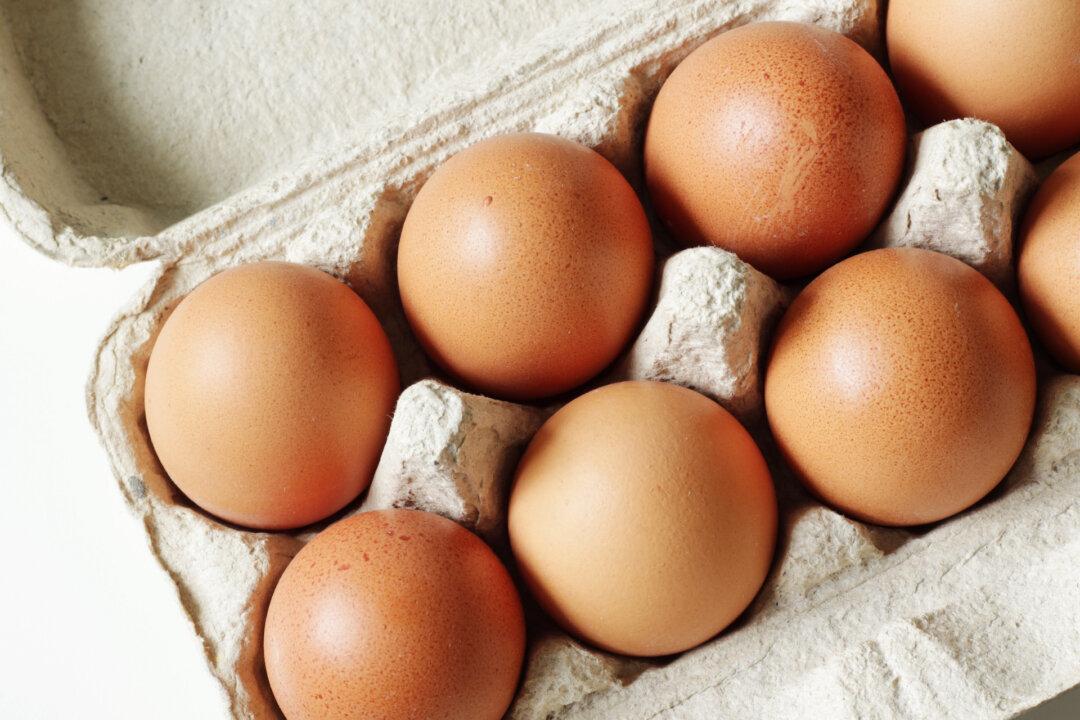Those of us who have left eggs in the fridge for longer than expected have all had the same question running through our heads:
Are these eggs still OK to eat?

Those of us who have left eggs in the fridge for longer than expected have all had the same question running through our heads:
Are these eggs still OK to eat?